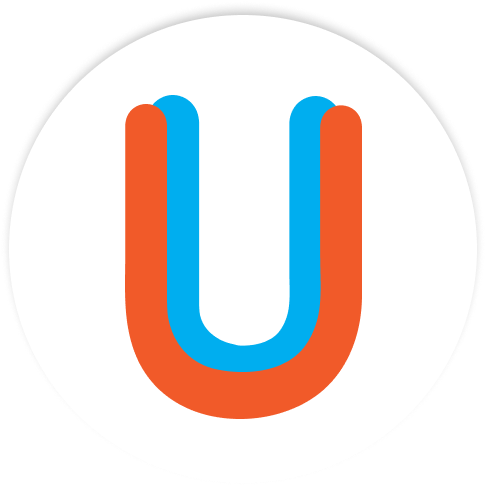Did you know that the journey to literacy begins long before a child picks up a book or writes their first word? Early literacy lays the foundation for lifelong reading and writing skills, shaping a child’s ability to communicate, understand, and navigate the world of knowledge. In this article, we’ll delve into the crucial components of early literacy and discover how they play a vital role in a child’s development. So, let’s embark on this adventure of unraveling the secrets to nurturing early literacy!
1. Alphabet Knowledge
Imagine the alphabet as the building blocks of language. Alphabet knowledge forms the cornerstone of early literacy, as it introduces children to the magical world of letters, sounds, and words. From recognizing letters to understanding their corresponding sounds, developing alphabet knowledge opens the door to decoding words and comprehending text.
Through playful activities like letter scavenger hunts or alphabet songs, children can embark on an exciting treasure hunt where each letter becomes a valuable clue on their path to literacy. So, let’s join the adventure and explore the ABCs together!
2. Phonological Awareness and Memory
Think of phonological awareness as the music of language. It involves the ability to recognize and manipulate the sounds of spoken words, such as rhymes, syllables, and individual phonemes. Developing phonological awareness enhances a child’s ability to decode words and develop a strong foundation for reading and spelling.
Engaging in activities like clapping out syllables or playing with rhyming words sparks joy and curiosity, making phonological awareness a delightful melody in the journey of early literacy. Just like a catchy tune that lingers in our memory, phonological memory strengthens a child’s ability to remember and recall sounds, words, and even spellings. With practice and creativity, we can nurture these memory skills and unlock the power of language!
3. Automated Naming of Letters and Objects
Picture the ability to name letters and objects as a game of rapid-fire recognition. Automated naming refers to the swift and automatic retrieval of letter and object names, fostering fluency and efficiency in reading and writing. As children effortlessly name letters and objects, they build a mental Rolodex of linguistic knowledge, empowering them to navigate texts with ease.
Interactive tools like flashcards or tools, such as alphaTUB, can transform this naming game into an engaging adventure, making learning a joyous and captivating experience. So, let’s fasten our seatbelts and embark on this high-speed naming quest!
4. Writing Letters
Imagine writing letters as the art of capturing thoughts and ideas on paper. Developing the skill of writing letters nurtures fine motor skills, hand-eye coordination, and the ability to express oneself through written words. Through playful activities like letter tracing, forming letters with clay, or even crafting a letter to a friend, children can embark on a creative journey where every stroke of the pen becomes a masterpiece. So, let’s pick up our pencils and unlock the power of written expression!
The Synergy of Early Literacy Components
Just like the gears of a well-oiled machine, the different components of early literacy work together in harmony to support a child’s overall literacy development. Alphabet knowledge, phonological awareness, automated naming, and writing letters form an interconnected web of skills that build upon each other, strengthening a child’s literacy abilities.
It is crucial to provide a balanced and comprehensive approach to early literacy instruction, weaving these components into everyday activities, play, and meaningful interactions. By nurturing these components simultaneously, we can create a rich and engaging literacy environment that fuels a child’s love for reading and writing.
Takeaway
As we conclude our journey through the important components of early literacy, we invite you to embrace the adventure of nurturing literacy in young learners. Remember, each component is like a piece of a puzzle, and when they come together, they unlock the gateway to a world of knowledge and imagination.
To embark on this journey, consider leveraging tools like alphaTUB, which provides interactive and engaging experiences to reinforce alphabet knowledge, phonological awareness, and more. So, let’s venture on this lifelong literacy adventure, paving the way for a brighter future filled with the magic of words and the joy of reading and writing!




